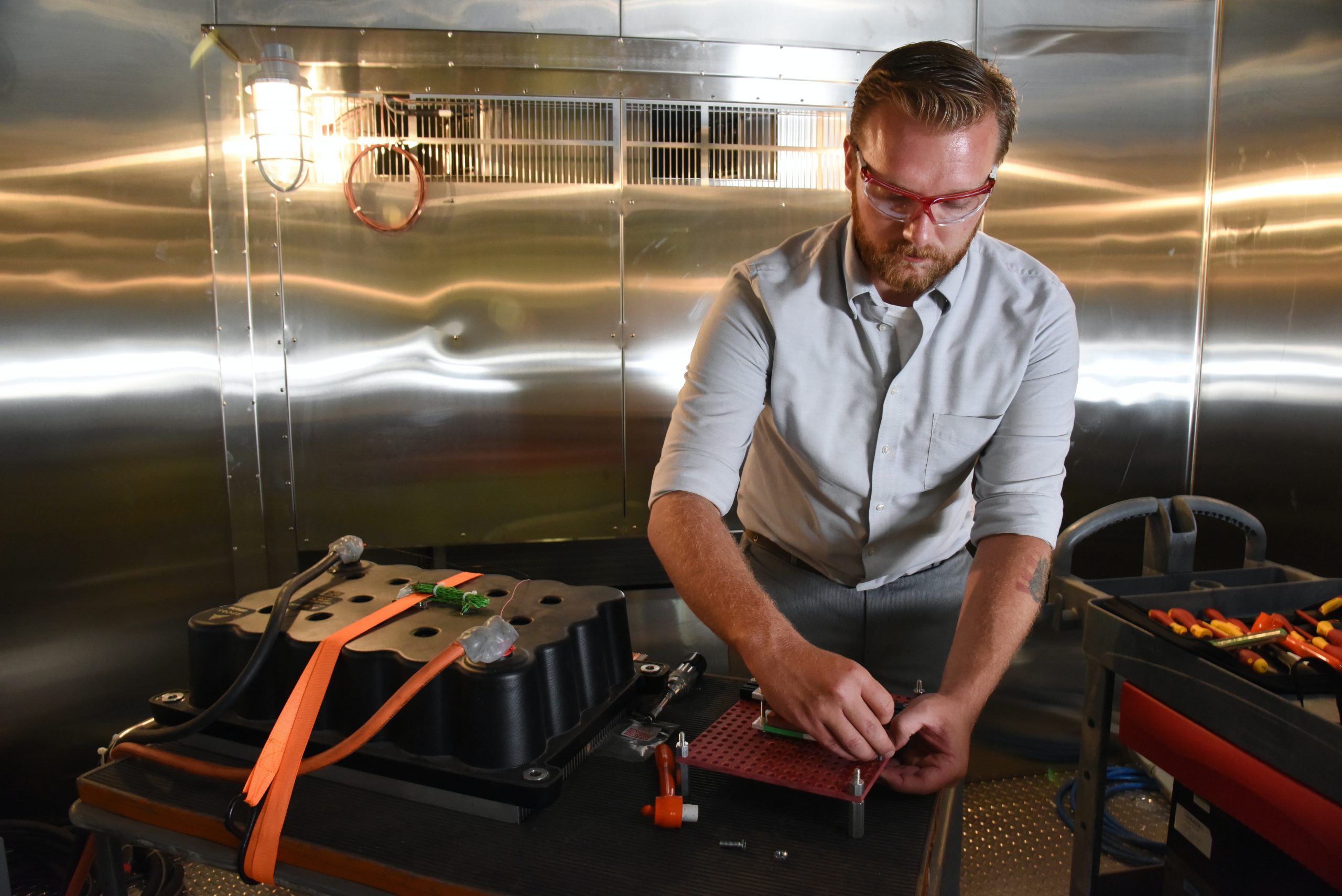
Creating a National Fellowship for Entrepreneurial Scientists and Engineers
Summary
The next administration should establish a national fellowship for scientists and engineers to accelerate the transformation of research discoveries into scalable, market-ready technologies. Entrepreneurship is driving innovation across the U.S. economy—with the troubling exception of early-stage science. Transitioning scientific discoveries from the laboratory into prototypes remains too speculative and costly to garner significant support from industry or venture-capital firms. This makes it difficult for many of our nation’s science innovators to translate their research into new products and puts the United States at risk of falling behind in the quickly evolving global economy.
Entrepreneurial fellowships for scientists and engineers have emerged as an effective strategy for translating research into new products and businesses, showing tremendous early impact and a readiness to scale. The next administration should advance this proven strategy at the federal level by creating a national entrepreneurial fellowship. This new entrepreneurial fellowship would leverage our nation’s investments in science to drive national prosperity, security, and global competitiveness.
While rural schools are used to being scrappy and doing more with less, without state and federal support, districts will be hard-pressed to close teacher workforce gaps on their own.
Without trusted mechanisms to ensure privacy while enabling secure data access, essential R&D stalls, educational innovation stalls, and U.S. global competitiveness suffers.
tudents in the 21st century need strong critical thinking skills like reasoning, questioning, and problem-solving, before they can meaningfully engage with more advanced domains like digital, data, or AI literacy.
We need to overhaul the standardized testing and score reporting system to be more accessible to all of the end users of standardized tests: educators, students, and their families.